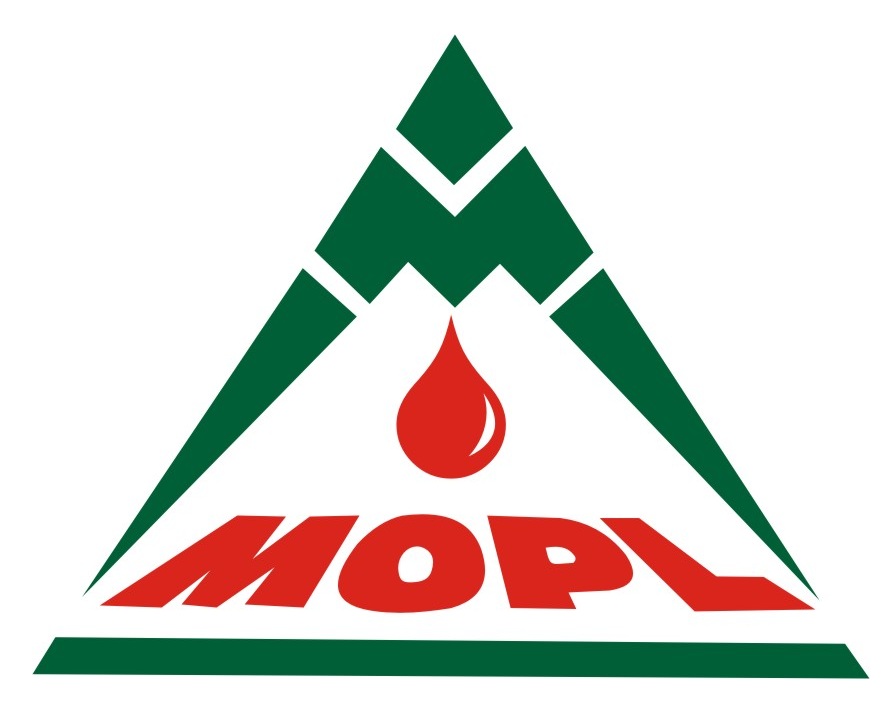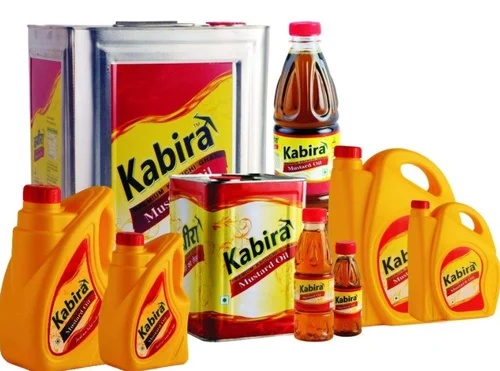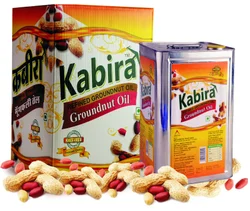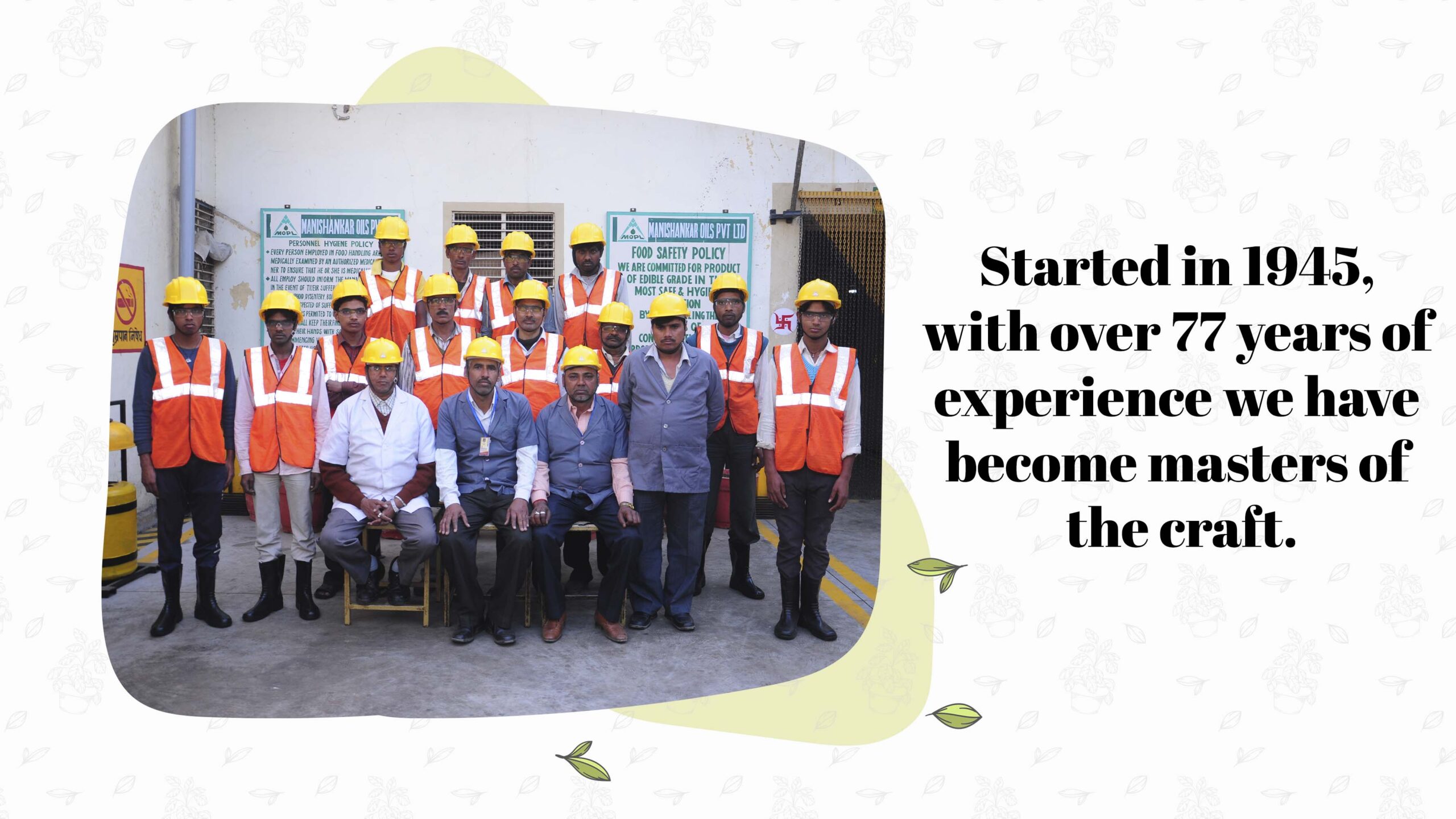
Menu
Company Heritage

-Entrepreneurship Rooted in Ethics and Diversity-
The Murarka family’s entrepreneurial legacy traces back to 1845, when Shri Amarchand Murarka took a leap of faith and left his hometown of Shekhawati in Rajasthan, India to establish a tea and spice business in Assam. The family was known for their ethical practices in acquiring tea gardens, which minimized the exploitation of workers by British colonial authorities.
Over time, they diversified their business by exporting oilseeds, grains, and pulses, with the commitment to provide essential food products at affordable prices to consumers in India.
-The Friendship that Sparked a Revolution-
In 1891, Swami Vivekananda had his first encounter with Raja Ajit Singh Bahadur, the ruler of the Shekhawati estate of Khetri and the two developed a close friendship and a devoted disciple. During one of their conversations, Vivekananda expressed his concern about the scarcity of edible oils in North-East India to the ruler. The Raja was receptive to Vivekananda’s concerns and saw an opportunity for business growth in this area.
Ajit Singh highly valued the efforts of the Murarka family and encouraged them to invest in the edible oil business. It resulted into the family expanding their business, creating more job opportunities and contributing to the economic growth of the region.


-From War to Wellness-
During World War II in 1945, the family ventured into the edible oils business under the company name ‘Manishankar’ to address the scarcity of food products in India. They encouraged farmers and entrepreneurs to establish micro-level Kacchi Ghani(s) in Rajasthan and other regions of the country.
The family actively participated in the Quit India Movement led by Mahatma Gandhi and launched an industrial house and inspired the launch of no-profit organizations in the areas of education, health, and infrastructure development to strengthen India.
-Resilience in the Face of Adversity-
In 1965, conflicts between India and Pakistan led to unrest in the northeast region of India, where the family business was located. As a result, the family had to shut down all operations and relocate to different parts of India and Nepal. Despite the setback, they exhibited great resilience and started all over again.
As globalization swept through India, demand for chemically processed oils increased, and the market for oil was changing rapidly. The company was inspired to focus on providing healthy food products to businesses and individuals. However, the changing market conditions necessitated the need to redefine the company’s policies and undergo restructuring.

-Honoring Tradition & Embracing Passion in India’s Culinary Landscape-
Today, Manishankar continues to innovate and adapt to changing market trends and uphold the values of ingenuity, vision, and compassion. The company takes pride in being a part of India’s rich culinary heritage and looks forward to serving its customers for generations to come.
Quick Links
Menu
About Us
We are driven to provide sustenance for our people, the environment, and the local communities we serve, while also upholding our commitment to environmental stewardship and social responsibility. With collaborative efforts, we can create a healthier food system that nourishes everyone.
Contact Info
- Address : 34, Shyam Kunj, Inside Hathi Babu Ka Bagh, Bani Park, Jaipur, Rajasthan 302016
- +91-9001799117
- [email protected]
Manishankar Design By
SKT Themes